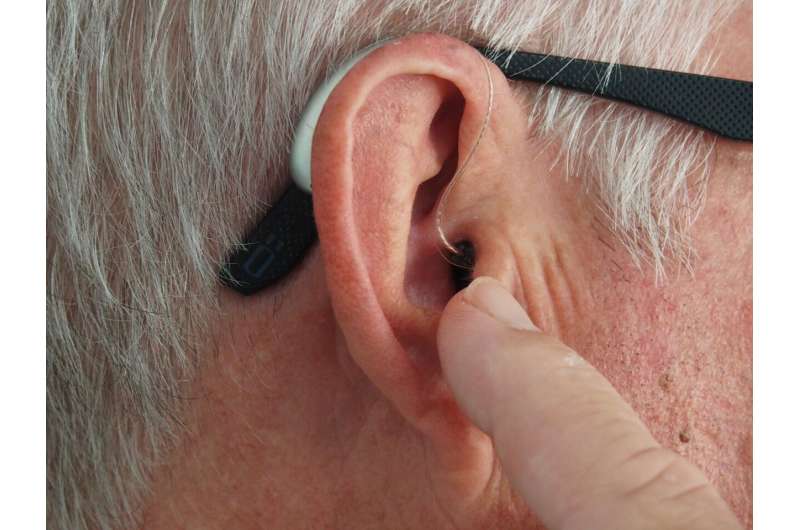A recent study led by researchers at MedUni Vienna has shed light on a promising new active substance called AC102, which may provide an effective treatment for acute sudden hearing loss. The findings of this groundbreaking research were published in the journal Cell Death & Disease on November 5, 2024. The preclinical trials conducted demonstrate significant potential advancements in the treatment of acute hearing disorders.
Understanding Acute Sudden Hearing Loss
Acute sudden hearing loss (ASHL) can result from various factors, including trauma, infections, or exposure to sudden loud noises. Currently, the standard treatment for advanced hearing loss is cochlear implantation, which aims to partially restore hearing ability. However, this surgical procedure can frequently damage the inner ear and result in the loss of residual hearing.
In order to provide effective treatment options, the research team under the guidance of Christoph Arnoldner, a prominent figure in the Department of Otorhinolaryngology at MedUni Vienna, alongside Hans Rommelspacher of Audio Cure Pharma GmbH, embarked on an investigation of AC102 and its efficacy in preserving residual hearing.
Mechanism of Action
The study revealed that AC102 possesses anti-inflammatory properties that protect the hair cells and auditory nerves from apoptosis (cell death). The significance of preserving residual hearing lies in the fact that the remaining 'natural' hearing, when paired with electrical stimulation provided by a cochlear implant, can significantly improve speech comprehension and overall auditory perception.
Michael Nieratschker, the first author of the study, stated,
“In our study, we have now been able to show that the residual hearing of animals that were administered AC102 once increasingly recovered in contrast to untreated animals.”
This emphasizes the drug’s potential to mitigate the hearing loss that often follows cochlear implantation procedures.
Clinical Implications of AC102
Current treatments for sudden hearing loss typically involve cortisone administration; however, recent studies indicate that such treatments often yield unsatisfactory outcomes. The role of inflammation and cellular damage in ASHL has led the researchers to explore AC102's efficacy in this context as well.
Research Findings Overview
| Study Aspect | Findings |
|---|---|
| Animal Model Recovery | Significant recovery of residual hearing after AC102 administration. |
| Anti-inflammatory Effect | Protection of hair cells and auditory nerves from damage. |
| Clinical Trials | Phase I study completed successfully; Phase II ongoing in Europe. |
Future Research Directions
Given the promising results from the preclinical studies, further research is vital. The Phase II clinical trial aims to confirm AC102's efficacy in treating sudden hearing loss across multiple European centers, including MedUni Vienna's Department of Otorhinolaryngology.
Research will continue to focus on the following aspects:
- Assessing the long-term safety and efficacy of AC102 in human subjects.
- Exploring the full range of inflammatory pathways that AC102 influences in hearing loss.
- Investigating potential dosing strategies for optimal outcomes in acute hearing loss treatment.
Conclusion
The advancement of AC102 in the treatment of acute sudden hearing loss represents a significant step towards addressing the limitations of current therapies. As Christoph Arnoldner and Michael Nieratschker optimistically note,
“All the results so far give us reason to hope that AC102 could be suitable for the treatment of acute sudden hearing loss.”
Further Reading
For those interested in a more detailed exploration of this topic, the original research can be found in: Nieratschker, M., et al., A preoperative dose of the pyridoindole AC102 improves the recovery of residual hearing in a gerbil animal model of cochlear implantation, Cell Death & Disease (2024).
In conclusion, ongoing research into AC102 not only holds promise for those suffering from sudden hearing loss but also paves the way for innovations in the field of otorhinolaryngology.
~ Lifespan.io ~














Discussion